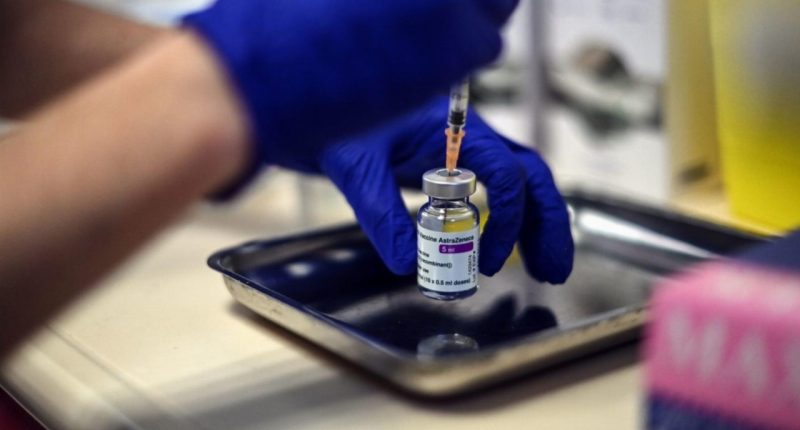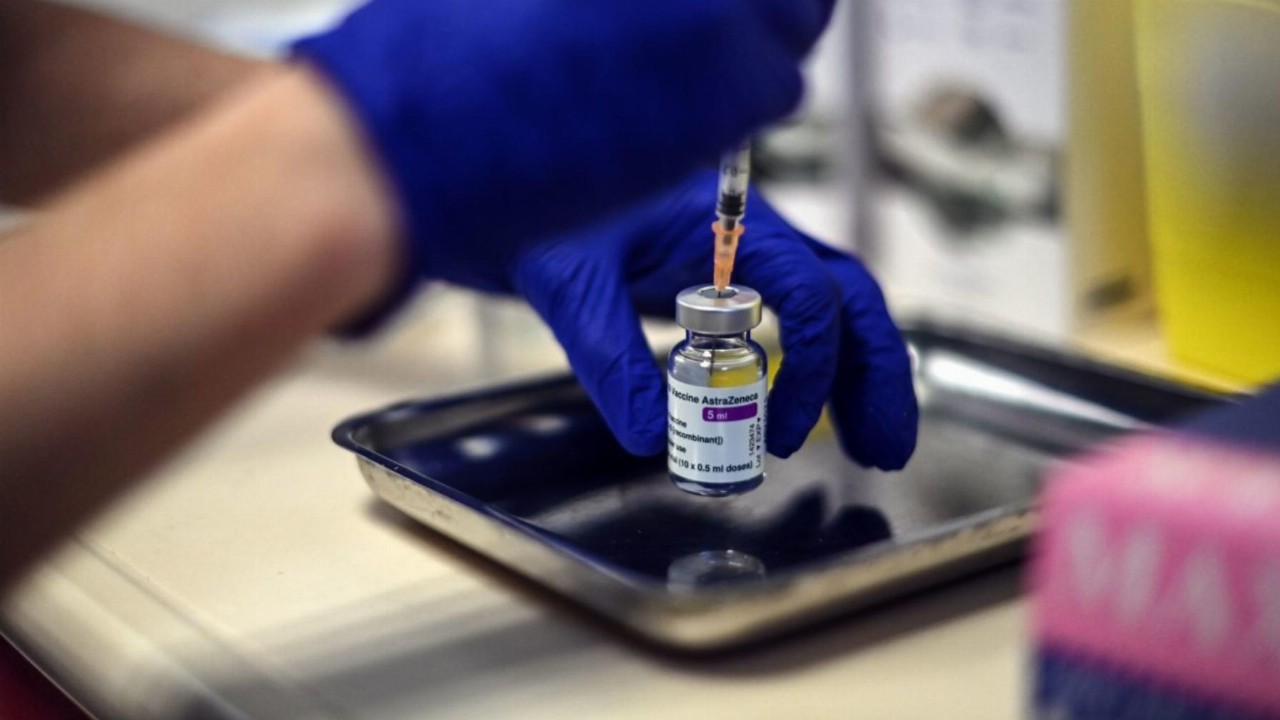- Australia received 300,000 doses of the AstraZeneca COVID-19 vaccine on Sunday, more than doubling the number of doses delivered so far
- Vaccinations began early last week after an initial batch of more than 142,000 doses of the Pfizer-BioNTech vaccine landed in Sydney on February 15
- Australia has fared much better than most advanced economies around the world, with fewer than 29,000 coronavirus infections and 909 deaths
- On Saturday, around 200 people gathered in protest of the inoculation drive outside Health Minister Greg Hunt’s office
Australia received 300,000 doses of the AstraZeneca COVID-19 vaccine on Sunday, more than doubling the number of doses delivered so far.
Mass vaccinations for the country’s 25 million people began early last week after an initial batch of more than 142,000 doses of the Pfizer-BioNTech vaccine landed in Sydney on February 15.
“We will now be able to scale up the vaccination rollout to our priority groups, including our most vulnerable Australians and to our frontline border and health workers,” said Prime Minister Scott Morrison.
Most people will receive the AstraZeneca-Oxford University vaccine, with the weekly number of administered doses tipped to reach one million by the end of March when CSL will begin locally producing 50 million of the AstraZeneca doses.
With fewer than 29,000 coronavirus infections and 909 deaths, Australia has fared much better than most advanced economies thanks in part to swift border closures, high community compliance with public health measures, and aggressive testing and tracing.
However, not everyone is on board with the vaccination program.
On Saturday, around 200 people gathered in protest of the inoculation drive outside Health Minister Greg Hunt’s office, who said the protestors were spreading “false and clearly irresponsible” views.
“Australians have put their shoulders to the cause,” Hunt said of those who have received their initial dose.
“The enthusiasm with which it has been taken up is a tribute to Australians.”







